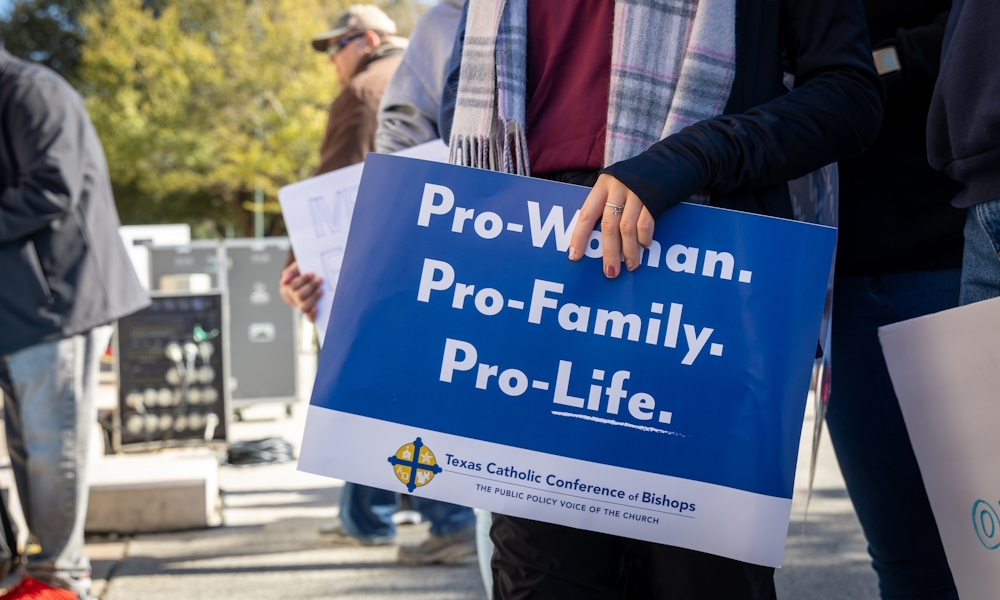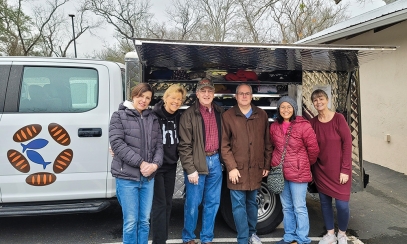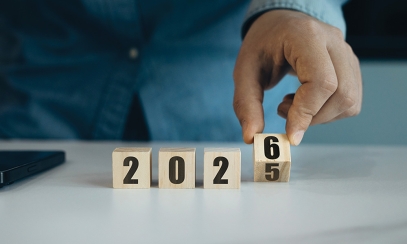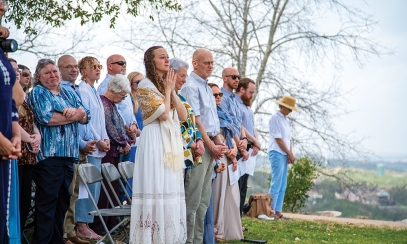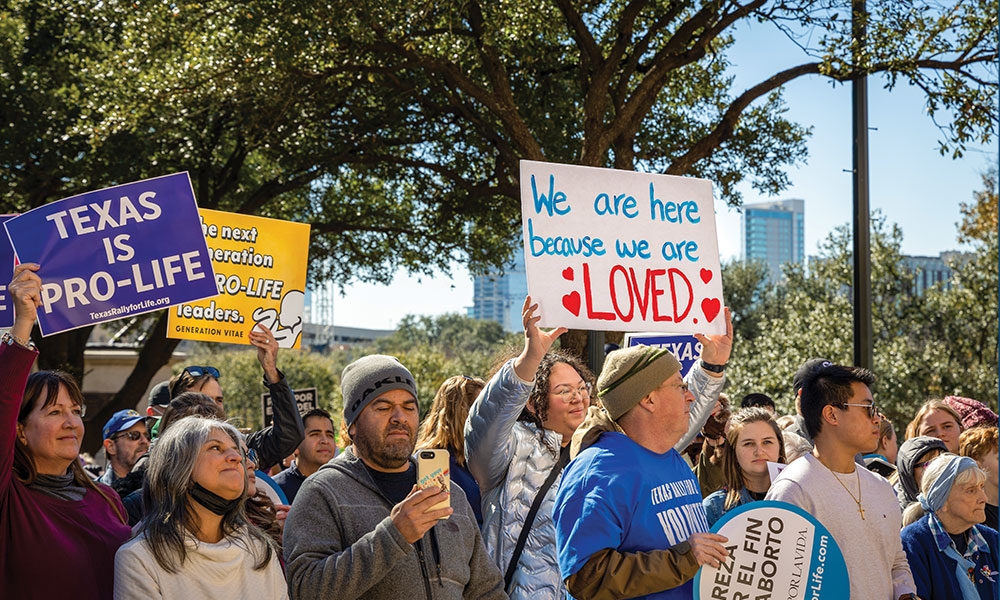
May we value the sanctity of all human life
While serving in the U.S. Army Chaplains’ Corps, I walked in on a rather tense discussion where a senior noncommissioned officer explained to a younger soldier, “Private, it’s mind over matter; I don’t mind, and you don’t matter.” Upon extensive self-reflection and the promotion of the church’s work of life, charity and justice over the years, I have come to experience increasingly how all of us can do a much better job of exercising respect for all persons.
While serving in the U.S. Army Chaplains’ Corps, I walked in on a rather tense discussion where a senior noncommissioned officer explained to a younger soldier, “Private, it’s mind over matter; I don’t mind, and you don’t matter.” Upon extensive self-reflection and the promotion of the church’s work of life, charity and justice over the years, I have come to experience increasingly how all of us can do a much better job of exercising respect for all persons.
In October of each year the church celebrates Respect Life Month, a moment when we consider more deeply the value and dignity of every human life from conception to natural death. While some see abortion as the single, foremost life issue in the U.S., the faithful are called to recognize how the Gospel of Life also encompasses the serious concerns of hunger, poverty, homelessness, violence, euthanasia, capital punishment and the absence of adequate health care. When we commit to a genuine respect for human life, we recognize the imperative to preserve the sacred dignity of all persons — the immigrant, the traveler, the prisoner, members of the LGBTQ+ community — as each of us has been made in the image and likeness of God.
The Lord, not man, is the arbitrator of human life. When life is destroyed in the womb, in our prisons, on our streets, and in our cities because of an utter failure to build a culture of life, what are we saying unto the Lord? What does this say about how we regard human life? We must resist the temptation to dismiss peoples, cultures and groups that are outside our own limited view. We cannot turn a blind eye to the social harms and injustices that abound in contemporary society. If human life is not preserved as sacred, society runs the risk of societal destruction.
During this moment where we focus on Respect Life, we are encouraged to speak up and speak out about the deleterious consequences of public officials and organizations that promote widespread abortion, euthanasia, capital punishment and the many other ills that destroy the dignity of human life. We must demand that public officials who claim they are personally opposed to the evils they support or endorse to embrace what is perceived as the more difficult moral responsibility to “choose life.” We are all challenged to work to heal our deeply broken views of one another and our deeply broken society.
A few years ago, I visited Sacred Heart Parish in Austin for their Feria Pro-Vida, and I encountered many children who were captivated by a live sonogram sponsored by the St. John Paul II Life Center. The heartwarming moment was a reflection of the eloquence of the psalmist, “For you created my inmost being; you knit me together in my mother’s womb. I praise you because I am fearfully and wonderfully made; your works are wonderful, I know that full well.” (Ps 139:13-14) The moment is a reminder that regardless of the wrong turns a child will make in life, she is still a child of God. Regardless of race, creed, nationality, age, gender or sexual orientation, he is still made in the image and likeness of God and deserves respect. Let us be ever mindful of how we treat others — our family, friends, strangers — particularly those begging at various intersections in our communities.
To live a judgmental life rooted in condemnation of others will never be the full Christian moral life. The full Christian life is about welcome, encounter and hospitality. After all, if we belong to the Lord, we can never accept an attitude that says, “I don’t mind because…” of a misguided notion that “[some people] don’t matter.” This Respect Life Month may we continue to work together to build a culture of life in our diocese, in our state and throughout our world.
DeKarlos Blackmon, OblSB, EdD is the director of the Secretariat of Life, Charity and Justice for the Diocese of Austin. Contact him at (512) 949-2471 or dekarlos-blackmon@austindiocese.org.

